MercoPress. South Atlantic News Agency
Tag: Raúl Castro
-
Thursday, November 18th 2010 - 21:16 UTC
Full blown campaign to garner support for Raúl’s Cuban model reforms

The Cuban government has launched an aggressive campaign on its proposed economic reforms as it tries to whip up public opinion enthusiasm and in its own ranks ahead of a Communist Party congress to approve them in April.
-
Wednesday, November 10th 2010 - 06:14 UTC
Cuba prepares for the “orderly” elimination of ration cards effective since 1962

The Cuban government is proposing the orderly elimination of the rations’ card according to a document prepared for the ruling party Communist Congress scheduled for April 2011.
-
Wednesday, November 3rd 2010 - 00:26 UTC
Accept reforms or “we will fall off the cliff” warns Raúl Castro

Cuban President Raul Castro told unionists to accept layoffs and reforms that open the way for private enterprise as necessary for the survival of socialism.
-
Sunday, October 24th 2010 - 02:12 UTC
Cuba outlines taxes to be paid by the growing number of self-employed workers
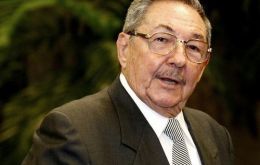
Cuban government has outlined the taxes that will have to be paid by the country's growing number of self-employed workers. It is the latest stage of President Raul Castro's reforms to move Cuba away from a solely state-run economy.
-
Tuesday, September 14th 2010 - 00:46 UTC
Cuba with unions support announces elimination of 500.000 jobs to boost economy
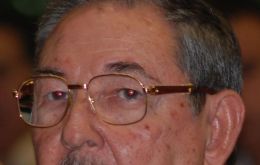
The Cuban government will cut more than 500,000 state jobs by March as part of a plan to reduce inefficiencies, the country’s largest union said in a statement. The reductions are part of President Raúl Castro’s goal of eliminating 1 million state jobs by 2015, according to the statement.
-
Friday, August 27th 2010 - 08:13 UTC
Cuba promotes luxury golf courses by giving state-land for 99 years

The cash-strapped Cuban government will allow foreign investors to use state-owned land for up to 99 years in a change that is likely to bring developments of luxury golf courses to the communist island.
-
Tuesday, August 10th 2010 - 05:02 UTC
Raul Castro wants “an opening” with Washington to help with the economy
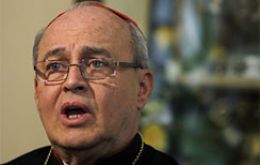
Cardinal Jaime Ortega, Roman Catholic archbishop of Havana, told The Washington Post that Cuban President Raul Castro wants “an opening” with the United States.
-
Saturday, July 10th 2010 - 07:05 UTC
Raul Castro blasts provincial leaders and praises press for exposing them
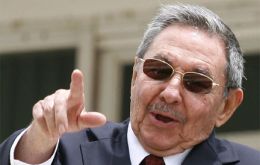
Cuban president Raul Castro criticized the attitudes of national and provincial leaders who he said “lacked the moral courage to admit their shortcomings”. The remarks follow on an article from the official newspaper Granma referred to the still non concluded rehabilitation of Santiago de Cuba’s aqueduct, which Raul Castro said reveals “the lack of planning to carry out effective work that is every Cuban’s duty to the community and the revolution”.
-
Wednesday, June 30th 2010 - 20:55 UTC
Cuban president sacks another (inefficient) minister: Light Industry

Cuban president Raul Castro sacked Light Industry minister Jose Hermandez, the latest of an on-going cabinet reshuffle with the purpose of implanting a policy of import-substitution to address the growing economic crisis.
-
Monday, May 24th 2010 - 03:23 UTC
Cuban Catholic Church mediation helping with liberation of political prisoners
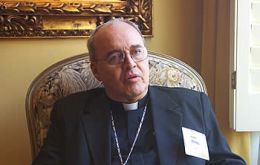
Cuban dissident Guillermo Fariñas said on Sunday that the Catholic Church notified him that Raul Castro’s regime on Monday will begin taking “preliminary steps” regarding ill political prisoners and that a meeting is scheduled for this week “to speak about releases”.
